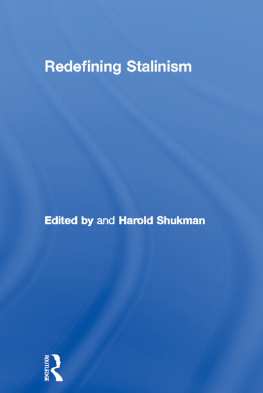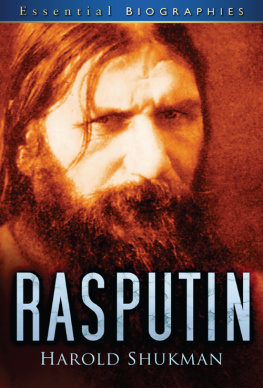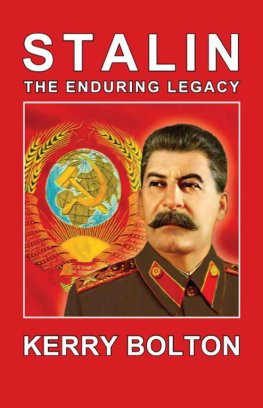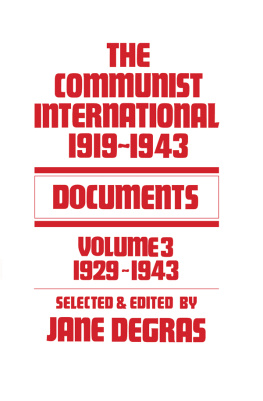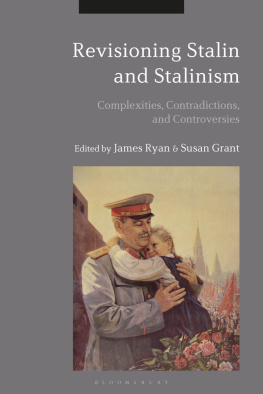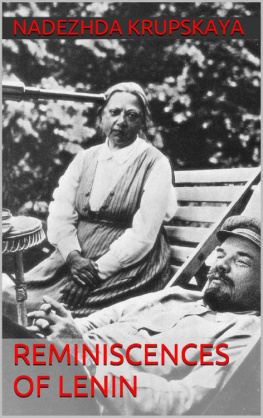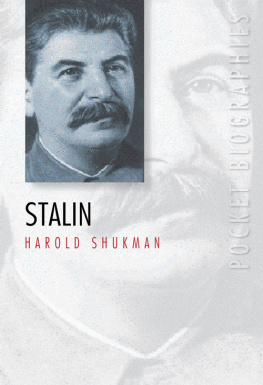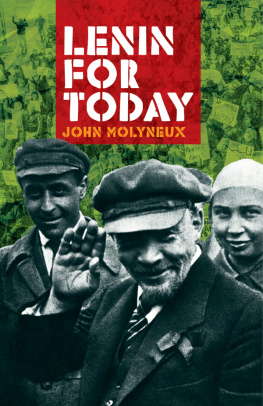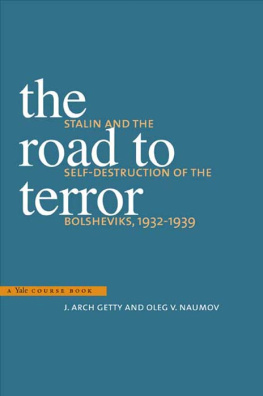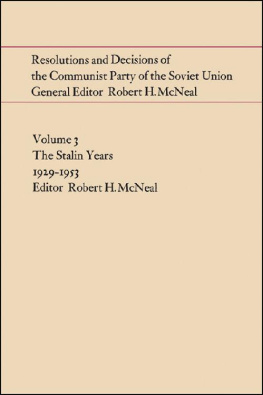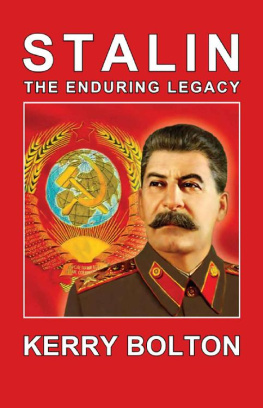Harold Shukman - Redefining Stalinism
Here you can read online Harold Shukman - Redefining Stalinism full text of the book (entire story) in english for free. Download pdf and epub, get meaning, cover and reviews about this ebook. publisher: Psychology Press, genre: Politics. Description of the work, (preface) as well as reviews are available. Best literature library LitArk.com created for fans of good reading and offers a wide selection of genres:
Romance novel
Science fiction
Adventure
Detective
Science
History
Home and family
Prose
Art
Politics
Computer
Non-fiction
Religion
Business
Children
Humor
Choose a favorite category and find really read worthwhile books. Enjoy immersion in the world of imagination, feel the emotions of the characters or learn something new for yourself, make an fascinating discovery.
- Book:Redefining Stalinism
- Author:
- Publisher:Psychology Press
- Genre:
- Rating:5 / 5
- Favourites:Add to favourites
- Your mark:
- 100
- 1
- 2
- 3
- 4
- 5
Redefining Stalinism: summary, description and annotation
We offer to read an annotation, description, summary or preface (depends on what the author of the book "Redefining Stalinism" wrote himself). If you haven't found the necessary information about the book — write in the comments, we will try to find it.
Redefining Stalinism — read online for free the complete book (whole text) full work
Below is the text of the book, divided by pages. System saving the place of the last page read, allows you to conveniently read the book "Redefining Stalinism" online for free, without having to search again every time where you left off. Put a bookmark, and you can go to the page where you finished reading at any time.
Font size:
Interval:
Bookmark:
REDEFINING STALINISM
Cass Series: Totalitarian Movements Stalins Political Religions
Series Editors: Michael Burleigh and Robert Mallett
ISSN 1477058X
This innovative new book series will scrutinise all attempts to totally refashion mankind and society, whether these hailed from the Left or the Right, which, unusually, will receive equal consideration. Although its primary focus will be on the authoritarian and totalitarian politics of the twentieth century, the series will also provide a forum for the wider discussion of the politics of faith and salvation in general, together with an examination of their inexorably catastrophic consequences. There are no chronological or geographical limitations to the books that may be included, and the series will include reprints of classic works and translations, as well as monographs and collections of essays.
International Fascism, 191945 Gert Srensen and Robert Mallett (eds.)
Faith, Politics and Nazism: Selected Essays by Uriel Tal With a Foreword by Saul Friedlander
Totalitarian Democracy and After: International Colloquium in Memory of Jakob L.Talmon Yehoshua Arieli and Nathan Rotenstreich (eds.)
The French and Italian Communist Parties: Comrades and Culture Cyrille Guiat
The Lesser Evil: Moral Approaches to Genocide Practices Helmut Dubiel and Gabriel Motzkin (eds.)
The Italian Road to Totalitarianism Emilio Gentile, translated by Robert Mallett
The Seizure of Power: Fascism in Italy, 19191929 Adrian Lyttelton
Redefining Stalinism
Editor
Harold Shukman
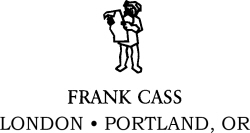
First published in 2003 in Great Britain by
FRANK CASS PUBLISHERS
Crown House, 47 Chase Side
London N14 5BP, England
This edition published in the Taylor & Francis e-Library, 2005.
To purchase your own copy of this or any of Taylor & Francis or Routledges collection of thousands of eBooks please go to www.eBookstore.tandf.co.uk.
and in the United States of America by
FRANK CASS PUBLISHERS
c/o ISBS, 920 NE 58th Avenue, Suite 300
Portland, Oregon 972133786
Copyright 2003 Frank Cass & Co. Ltd
Website: www.frankcass.com
British Library Cataloguing in Publication Data
Redefining Stalinism.(Cass series. Totalitarian movements and political religions)
1. Stalin, I. (losif), 18791953 2. CommunismSoviet UnionHistory 3. Soviet UnionPolitics and government19361953 4. Soviet UnionPolitics and government19171936 5. Soviet UnionHistory19251953
I. Shukman, Harold, 1931947, 0842
ISBN 0-203-01091-4 Master e-book ISBN
ISBN 0-7146-5415-9 (cloth)
ISBN 0-7146-8342-6 (paper)
ISSN 1477-058X
Library of Congress Cataloging-in-Publication Data Redefining Stalinism/editor, Harold Shukman.
p. cm.(Cass seriestotalitarian movements and political religions)
Includes bibliographical references and index.
ISBN 0-7146-5415-9 (cloth)ISBN 0-7146-8342-6 (pbk.)
1. Soviet UnionPolitics and government19361953. 2. Soviet UnionPolitics and government19171936. 3. Stalin, Joseph, 18791953Influence. 4. CommunismSoviet UnionHistory20th century. I. Shukman, Harold. II. Series.
DK268.4.R43 2003
947.0842dc21
2003011125
This group of studies first appeared as a Special Issue on
Redefining Stalinism
of Totalitarian Movements and Political Religions
(ISSN 1469-0764) 4/1 (Summer 2003) published by Frank Cass.
All rights reserved No part of this publication may be reproduced, stored in or introduced into a retrieval system, or transmitted, in any form or by any means, electronic, mechanical, photocoying,
recording or otherwise, without the prior written permission of the publisher of this book.
Contents
Harold Shukman
Robert Service
Felix Patrikeeff
Jeffrey Brooks
Christopher Andrew Julie Elkner
Michael G.Smith
Polly Jones
John Keep
Introduction
Harold Shukman
Is there a Western world leader whose reputation has not been reanalysed and reassessed, usually to his or her detriment? How many societies have their histories carved immutably in stone? The strenuous efforts Stalin made to create an appropriate life story for himself, and the histories of the CPSU and the USSR that were written under his direct supervision to serve the aims of the Stalinist Communist Party and State, were all doomed to an ephemeral existence. However great the political persona of a leader or monumental the trappings of his regime, they are both intrinsically subject to interpretation and reinterpretation. Indeed, the greater the dimensions of the exertion involved in achieving greatness of either, the more certain the reassessment. And this applies fully to Stalin and his regime. Valuable writings on different aspects of Soviet life and politics emerged in the West almost as soon as Soviet Russia came into being, but it was the Second World War, the emergence of the USSR as a major international force after it, and above all the Cold War, that boosted Soviet studies in the West from their once marginal status to a more central position in area studies, political science and international history. Whatever differences of interpretation may have divided Sovietologists in the West, their analyses were continuous, dynamic and broadly well informed. Such freedom of intellectual activity had long ago been wrested from Soviet scholars by a state which gave them in exchange a conditional and precarious right to work and survive. An unhindered approach to the study of their own past had to wait until the last years of the old regime and the first of the new.
In the years after 1917 and before Lenins death, Stalin managed, actively and passively, to acquire positions in the administration that gave him a wider and firmer grasp on authority than any other Bolshevik. His claim to be Lenins heir, therefore, was already likely to succeed, despite Lenins own misgivings, as expressed in his famousand in the end futile Testament. But to be accepted by the Party and the population as Lenins heir, Stalin felt he must secure an acceptable version of his life story. As a former Caucasian bandit who had taken part in bank robberies to enrich Bolshevik funds; as an underground revolutionary organiser who had escaped from prison and Siberian exile too many times not to arouse the suspicion that he might have been favoured by the secret police for some unknown reason; but above all as a provincial from what today would be termed a disadvantaged background who had parachuted into the upper ranks of the pre-revolutionary Bolshevik milieu thanks only to Lenins calculating patronage, and who had felt uncomfortable in the presence of more brilliant writers and speakers, Stalin was especially determined to be accepted as a Marxist-Leninist theorist.
Soon after Lenins death Stalin gave a series of lectures on the late leaders ideas which were published as Foundations of Leninism, in practice setting himself up as an authoritative source of Party ideology. From this he would go on to consolidate his position as the Partys ideologist-in-chief. Inexorably, as the governmentitself managed by the Partywrestled both to administer the vast country and to carry out the fundamental changes that would justify and fructify the seizure of power in 1917, Stalins word emerged as paramount.
Cautious by nature, Stalin launched his life story as a revolutionary in the mid-1920s, before his cult took off and with what would soon emerge as unaccustomed modesty. To a gathering of Georgian workers, he described his early role in the movement as an apprentice in Georgia, going on to journeyman status in the cosmopolitan oil city of Baku, then being sent by the Party to the revolutionary engine-room of Petrograd as a masterworker. The imagery was well chosen for an audience of workers, and it was not exaggerated, especially when compared to the fawning accounts by the Party hacks who were already portraying him as a hero second only to Lenin. The account he authorised both for Party members and the wider public appeared, also in the mid-1920s, in the biographical supplement of the
Next pageFont size:
Interval:
Bookmark:
Similar books «Redefining Stalinism»
Look at similar books to Redefining Stalinism. We have selected literature similar in name and meaning in the hope of providing readers with more options to find new, interesting, not yet read works.
Discussion, reviews of the book Redefining Stalinism and just readers' own opinions. Leave your comments, write what you think about the work, its meaning or the main characters. Specify what exactly you liked and what you didn't like, and why you think so.

